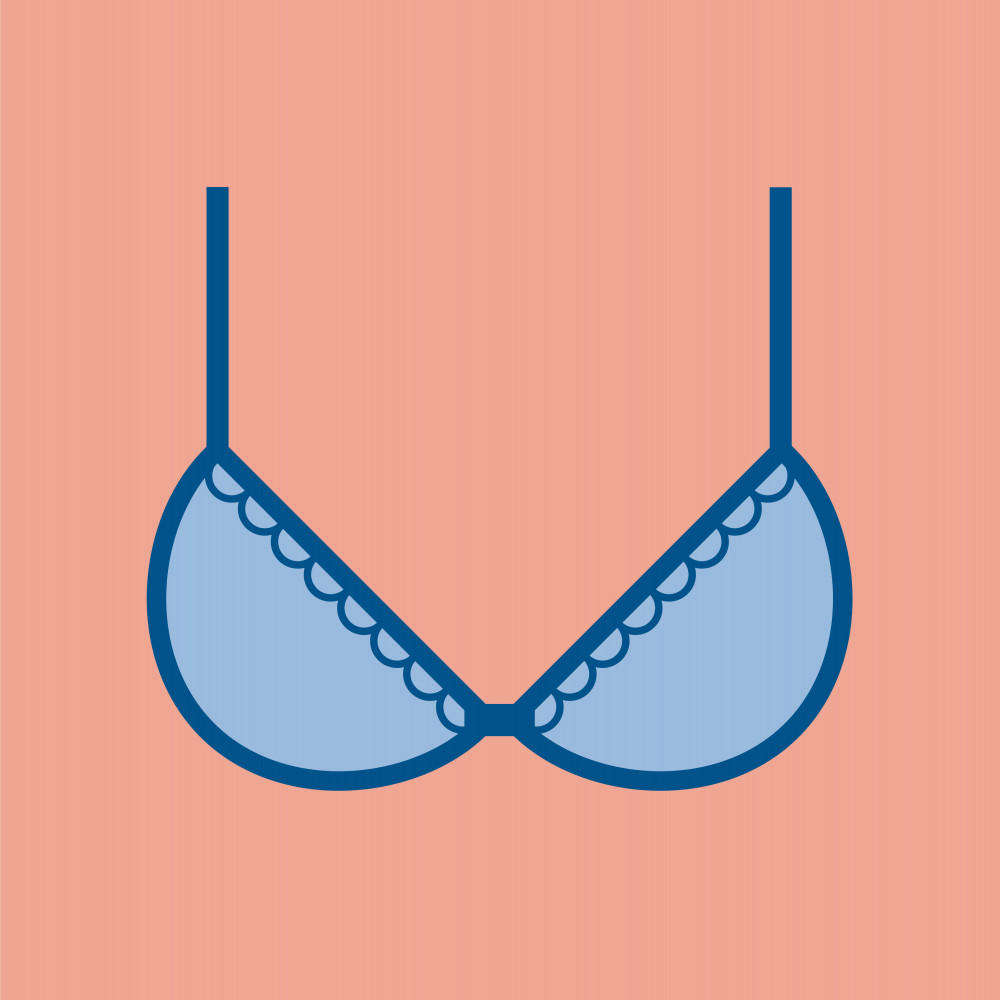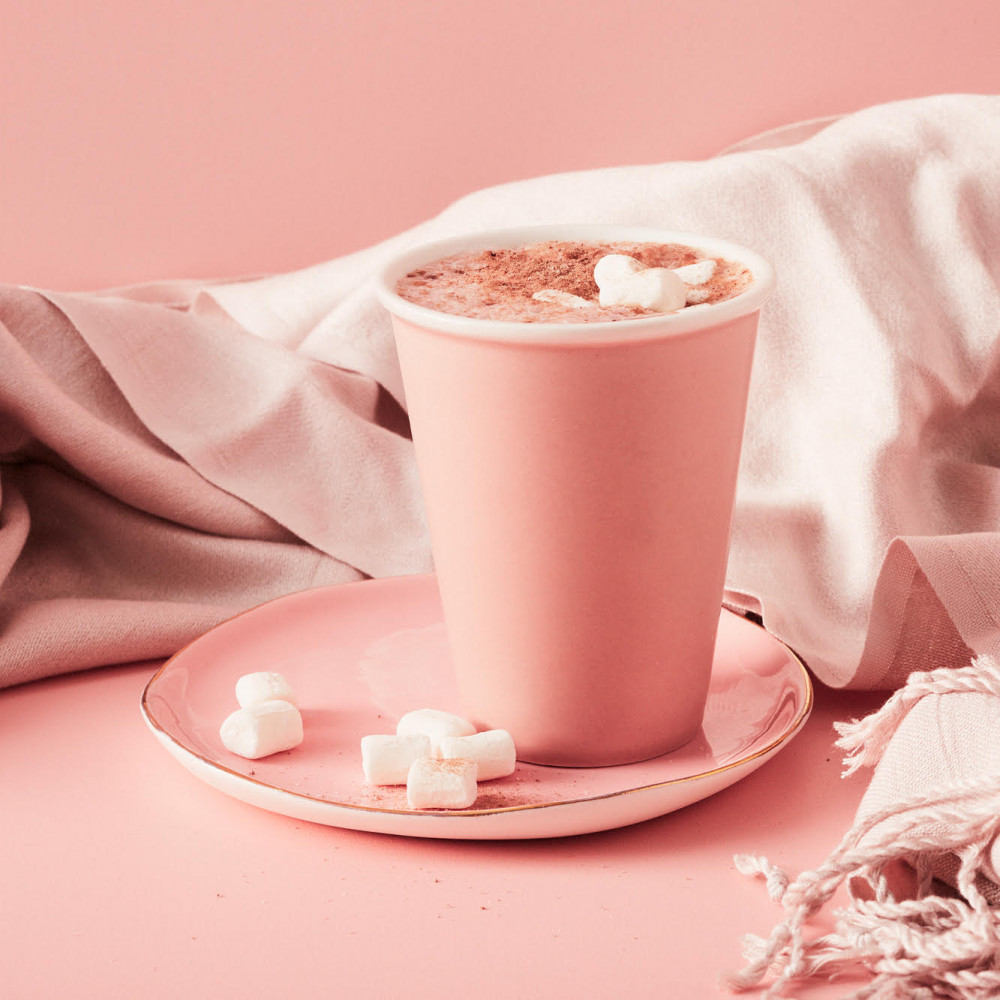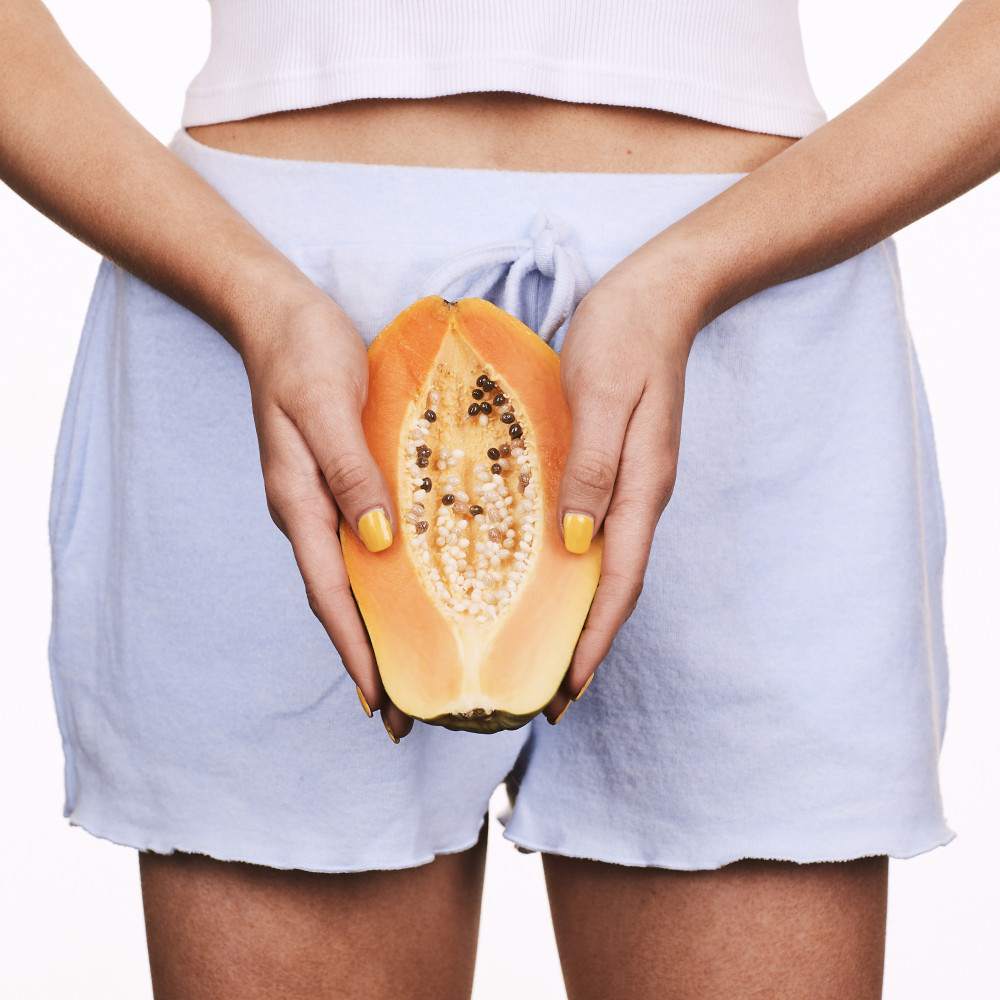“Touch my breasts and we are O.V.E.R.”
You might not actually have said it out loud, but if you’ve ever thought something along those lines (or worse) then this post is for you.
Tender boobs is a perfectly normal side effect – one of the bazillion – of the menstrual cycle. (Aside: don’t you love the phrase ‘perfectly normal’?) As with many period related pains, the level at which it affects you depends on many random factors. Some women find it a little noticeable when they leap up the stairs; others find it uncomfortable to turn over in bed at night.
Breast soreness at its worst can affect how you feel about yourself in a wider sense. It can pervade everything you do – your relationships and your performance at work. Living with regular discomfort is hard, especially when you can’t really talk to colleagues about your boobs the same way as you might a headache or back pain.
Sore boobs in the run-up to your period (and sometimes right through it) is known as cyclical mastalgia. It happens when estrogen and progesterone levels fluctuate before a period. These changes can also cause lymph node swelling, which may contribute to breast pain, too. The same hormones that cause breast soreness can also cause cyclical swelling or lumpiness.
So what can you do about it? Well, you can sit it out and wait for that glorious moment when you realise things are back to normal. You can also talk to your doc about hormonal treatments that help with a lot of period-related issues long term, such as the pill. Although conversely, the pill has also been shown to make breast tenderness worse in some cases.
If you don’t want to go down the medical path, then get a good bra. A really, really good one. A supportive, wire-free, natural fibre one that fits like a dream, plays soothing music and makes tea. Wear a sports bra over the top of it if you’re attempting to do anything that requires breaking into a slow trot.
Oh hang on, forget the tea part. Cutting down on the caffeine in coffee, tea, cola, chocolate and energy drinks has been shown to makes things a little easier, as has taking evening primrose oil and vitamin B (check with your pharmacist).
If things get really uncomfortable, you can buy anti-inflammatory gels to rub on the sore area (again, ask your pharmacist), and hot or cold extremes may also soothe, such as an ice pack or a hot bath.
The main thing is to always be on the lookout for any changes in your breasts that are not expected as part of your monthly routine. If you spot anything that gives you pause for thought, get it checked out by your GP.





